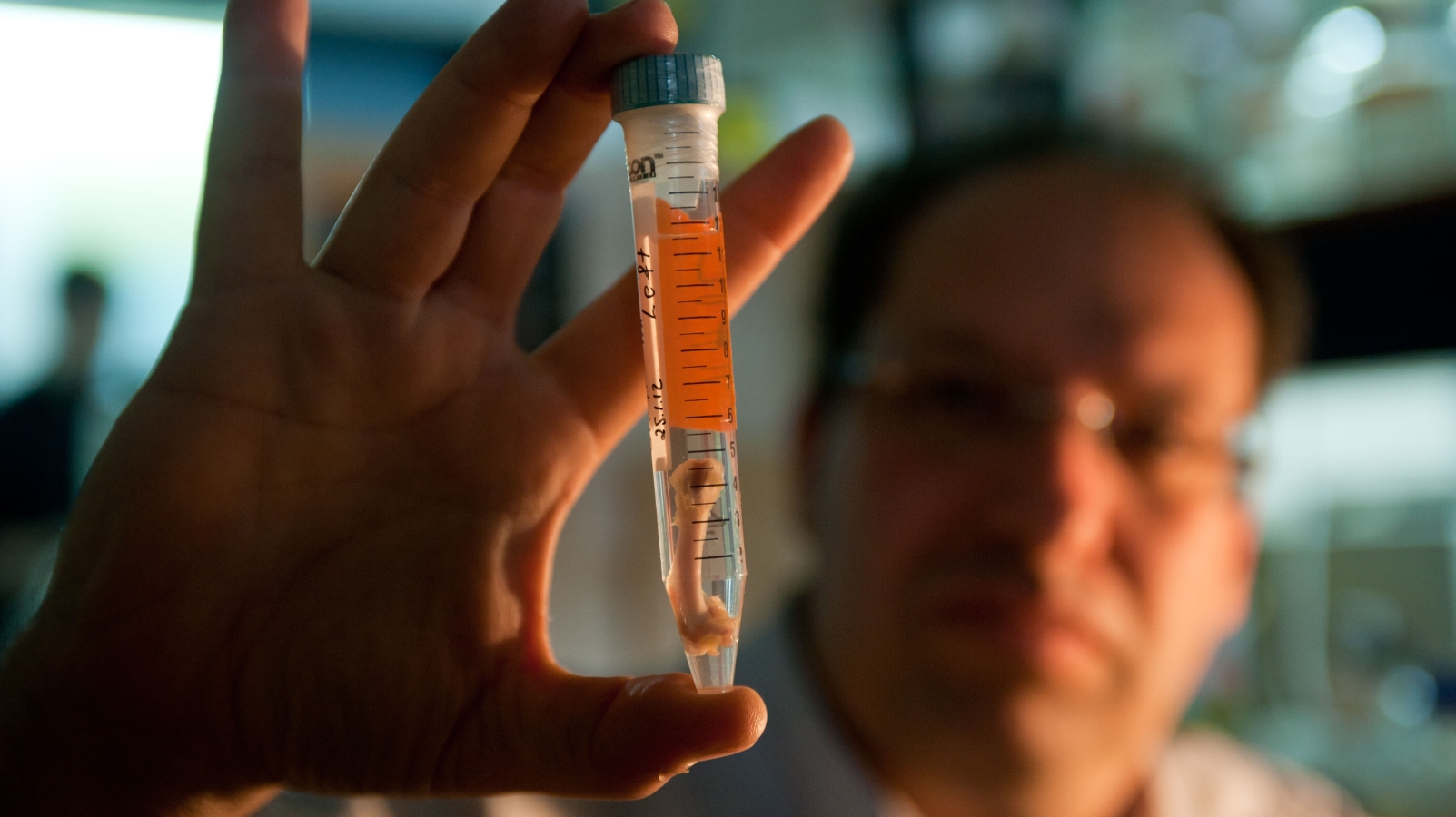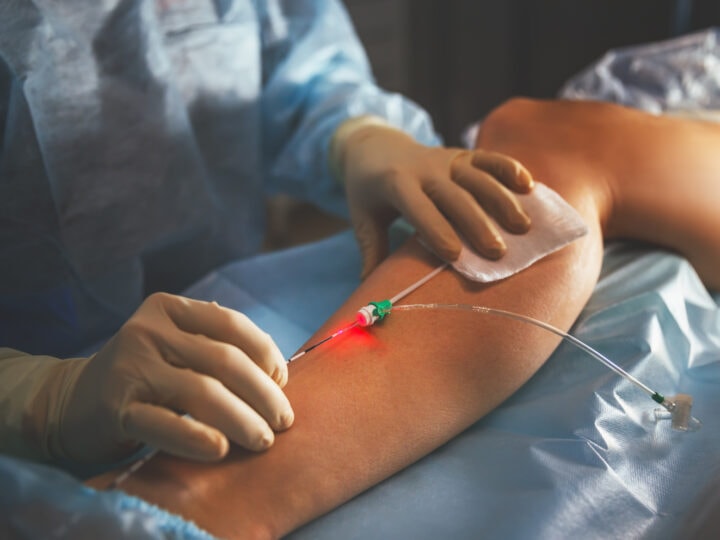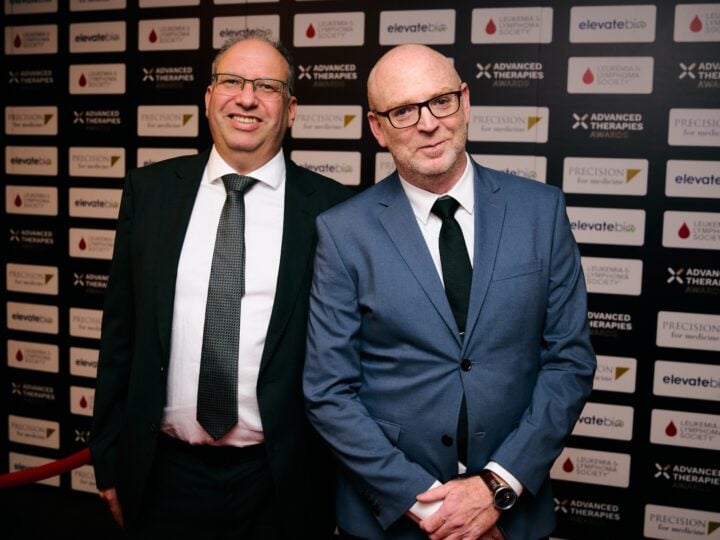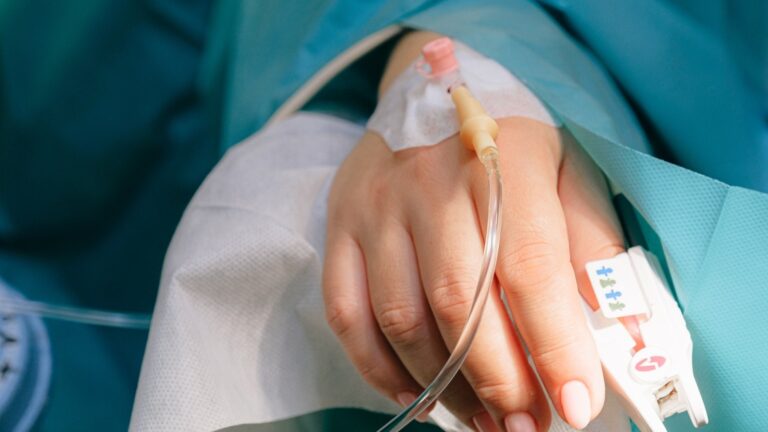Medical history was made at Emek Medical Center in Afula this week when semi-liquid live human bone tissue grown in a lab from a 40-year-old patient’s own fat cells was transplanted into the patient’s arm by injection.
The patient had suffered significant bone loss in his arm as the result of a car accident and previously underwent several unsuccessful surgeries.
The procedure was part of an early-stage clinical trial of a revolutionary tissue-engineering technology developed by Bonus BioGroup of Haifa. A hospital spokeswoman told ISRAEL21c that it is too early to report results in this specific case.
In December 2016, Bonus BioGroup announced successful results of an early-stage clinical trial on 11 patients in which bone tissue grown from a small sample of each patient’s own fat cells was injected into their jaws to repair bone loss. Over a few months it hardened and merged with the existing bone to complete the jaw, according to the company.
Bonus BioGroup CEO and President Shai Meretzki said this week’s experimental procedure “sets a new standard of hope for rapid healing in a wide variety of cases.”
Emek Medical Center’s head of orthopedic surgery, Dr. Nimrod Rozen, is among three doctors on Bonus BioGroup’s scientific advisory board.
“The technology we developed allows us to grow a bone that is based on a patient’s biological tissue, so there is no danger that the patient’s body will reject the implant,” said Rozen, who also cofounded the Institute for Bone Repair at Rambam Health Care Campus in Haifa and is a clinical associate professor at the Technion-Israel Institute of Technology’s medical school in Haifa.
Bone can be damaged by a range of injuries, illnesses and medical procedures, Rozen explained. “For example, in bone cancer located in the bones of the hands or feet, if we remove the tumor together with the bone on which the tumor is located, it usually means that we will lose a leg or hand, because although the bone has traits that allow it to grow, it will not be able to grow the distance between the bone ends we removed by surgery.”
Bonus BioGroup’s technique involves growing bone under sterile laboratory conditions from stem cells in fat tissue taken from the patient in need of the bone transplant. After two weeks, the injectable bone graft is transported from the company’s lab and production facility in Haifa to the medical center performing the transplantation in a ready-to-use syringe. Over time, the injected cells multiply until sufficient material is created to fill the missing area.
Last April, the company raised $9 million in a private offering investment.
Rozen says the injectable bone-graft technique heralds a major improvement over traditional bone grafts, a complicated surgical procedure that is not always successful and requires a long recovery process.
“The special features of the implants enable preservation of cell properties during implantation and the creation of a high-quality bone functioning in the transplanted area,” he said.

















